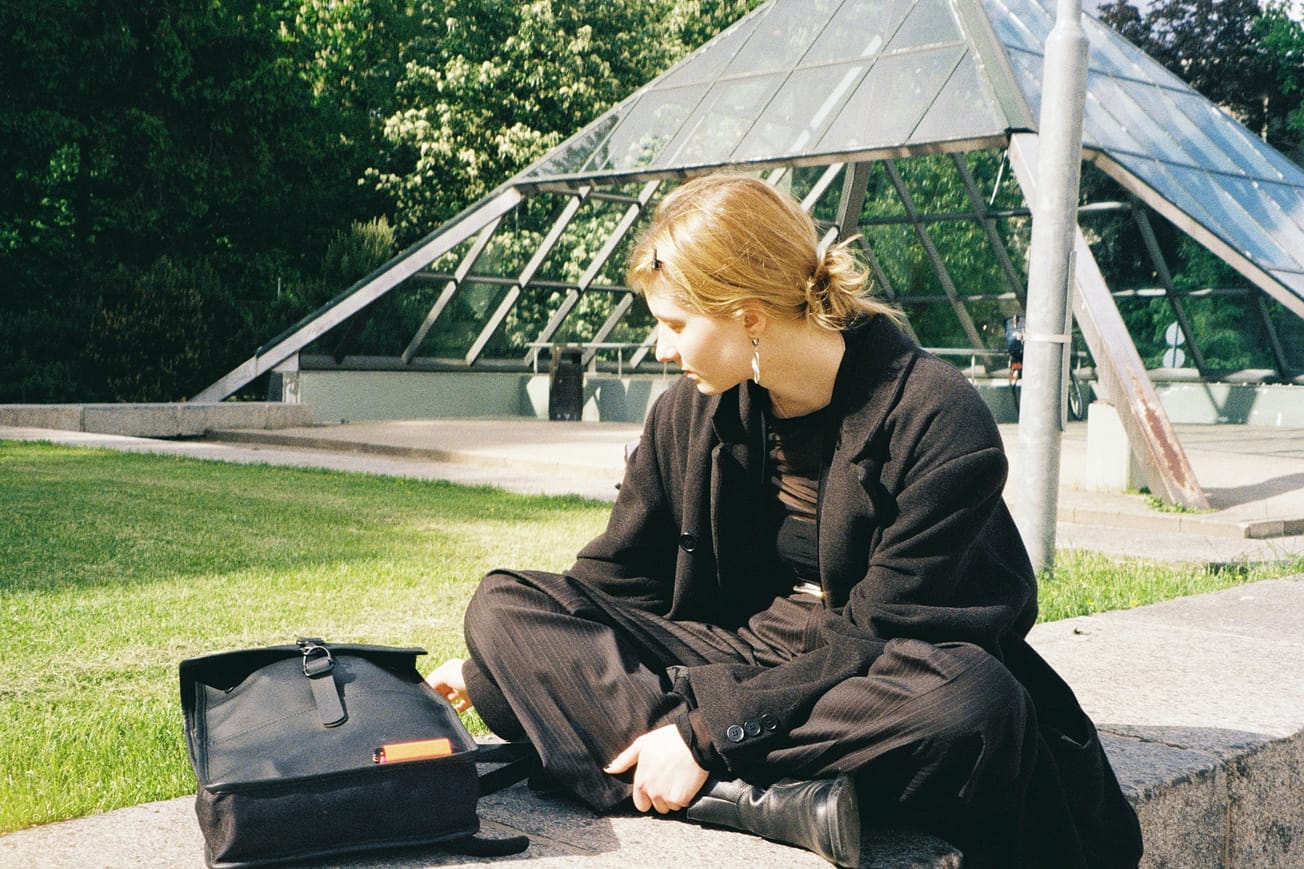By Zara Whistler, English, Second year
The Croft Magazine // There is always one friend in the group who appears to have their life together. But how toxic can it truly be to live up to such high expectations?
On the surface, being viewed as the friend who ‘has everything under control’ seems like such a positive characteristic. It could mean being highly organised, completing lots of productive things in your day, getting good grades or having a good routine. Alternatively, it could mean appearing to have everything together and appearing perfect to others. What’s misunderstood, is underneath the appearance of someone who appears to have it all together, they have created an intense, unrealistic pressure to maintain this sense of control.

Why is it unrealistic? Because we can’t always be productive and stick to a fixed routine, we need time to rest. Because we can’t control our emotions and experiencing heavier feelings and being unable to cope with them is normal. Because we all make mistakes, we say the wrong thing, don’t do as well in an exam as we would have hoped, feel uncontrollable angry or sad or anxious. Because not everything is in our control, and we cannot control everything going on it our life in one moment.
So, what is the truth behind someone who is viewed as appearing to have everything in their control. Firstly, they don’t, no matter how much they appear to be, particularly as we only know the surface of another’s person’s life in comparison to our own lives. Secondly, this pressure to be in control is exhausting because someone who strives for control but due to unrealistic expectations doesn’t achieve it, may suffer with feeling of guilt and anxiety when they don’t achieve it. The need for control can also originate from a negative place, when someone doesn’t trust or believe in themselves, leaning towards control to create a false sense of safety to compensate for this lack in confidence in themselves. An example is not trusting in their intelligence so controlling the amount of work they put in to compensate. It could also develop from a lack of compassion and empathy towards oneself, maintaining control to feel worthy, for example a person might judge themselves harshly for feeling a certain way so consequently attempt to control or hide certain emotions.

There is clearly a lot more going on under the surface of someone who appears to have everything in control and it’s important to acknowledge this, to allow yourself to re-evaluate this unrealistic ideal of having everything together. I think it’s much more important to develop trust in yourself and lean towards compassion when things do feel slightly less in our control, which is also normal.
Featured Image: Epigram / Zara Whistler
Have you ever been the friend who had it all together? Let us know!









